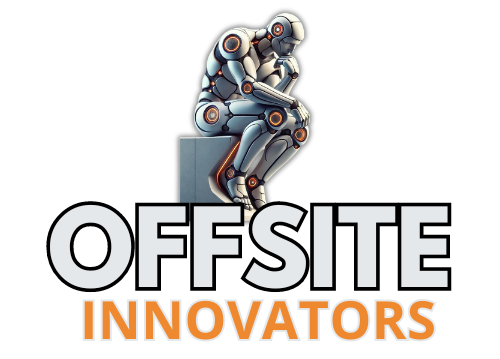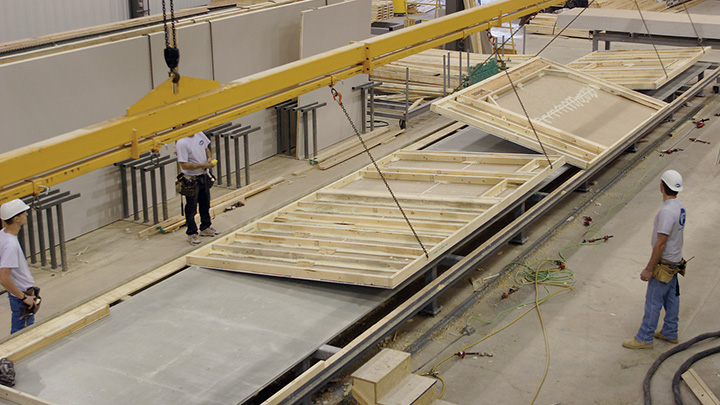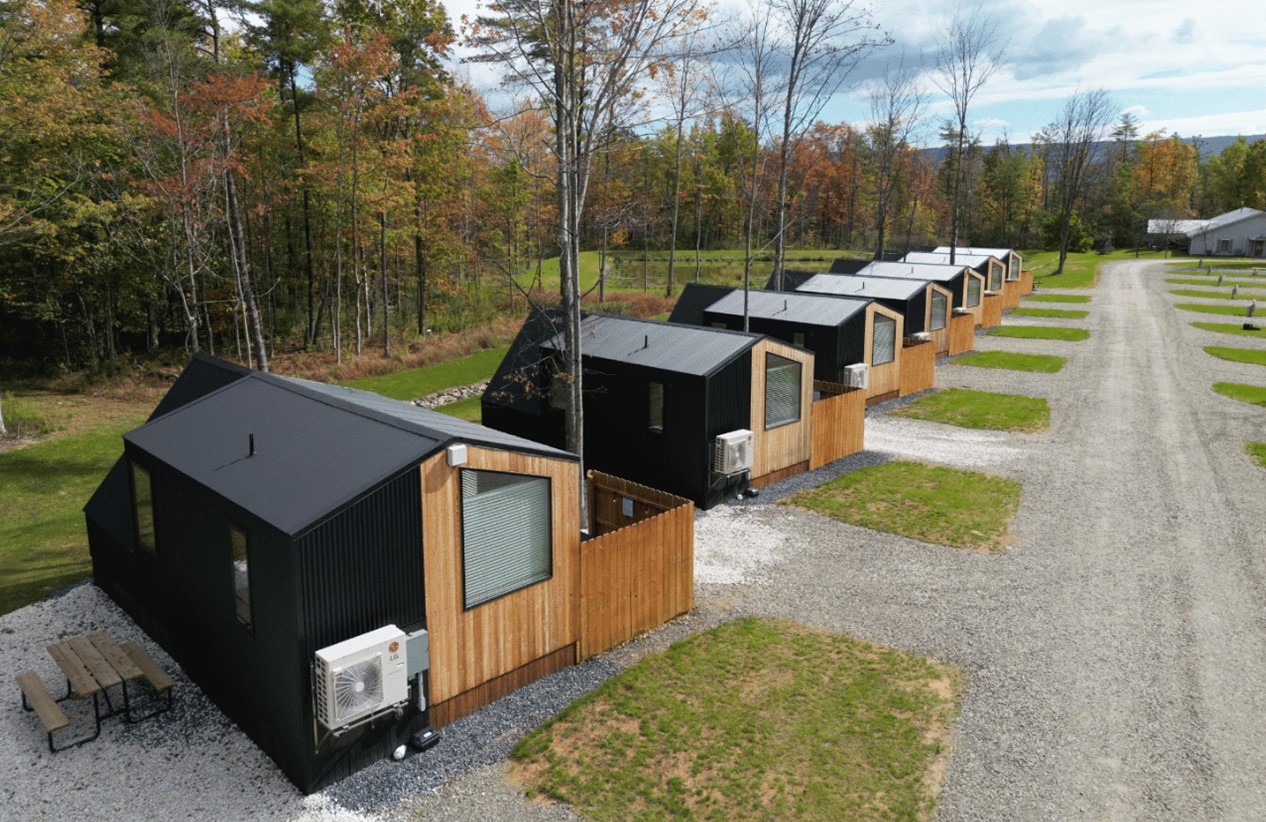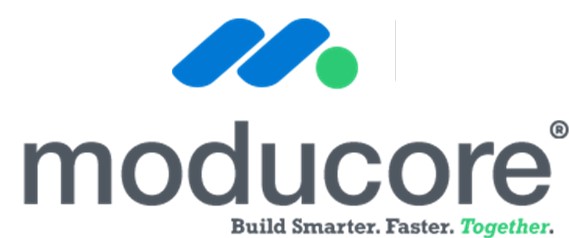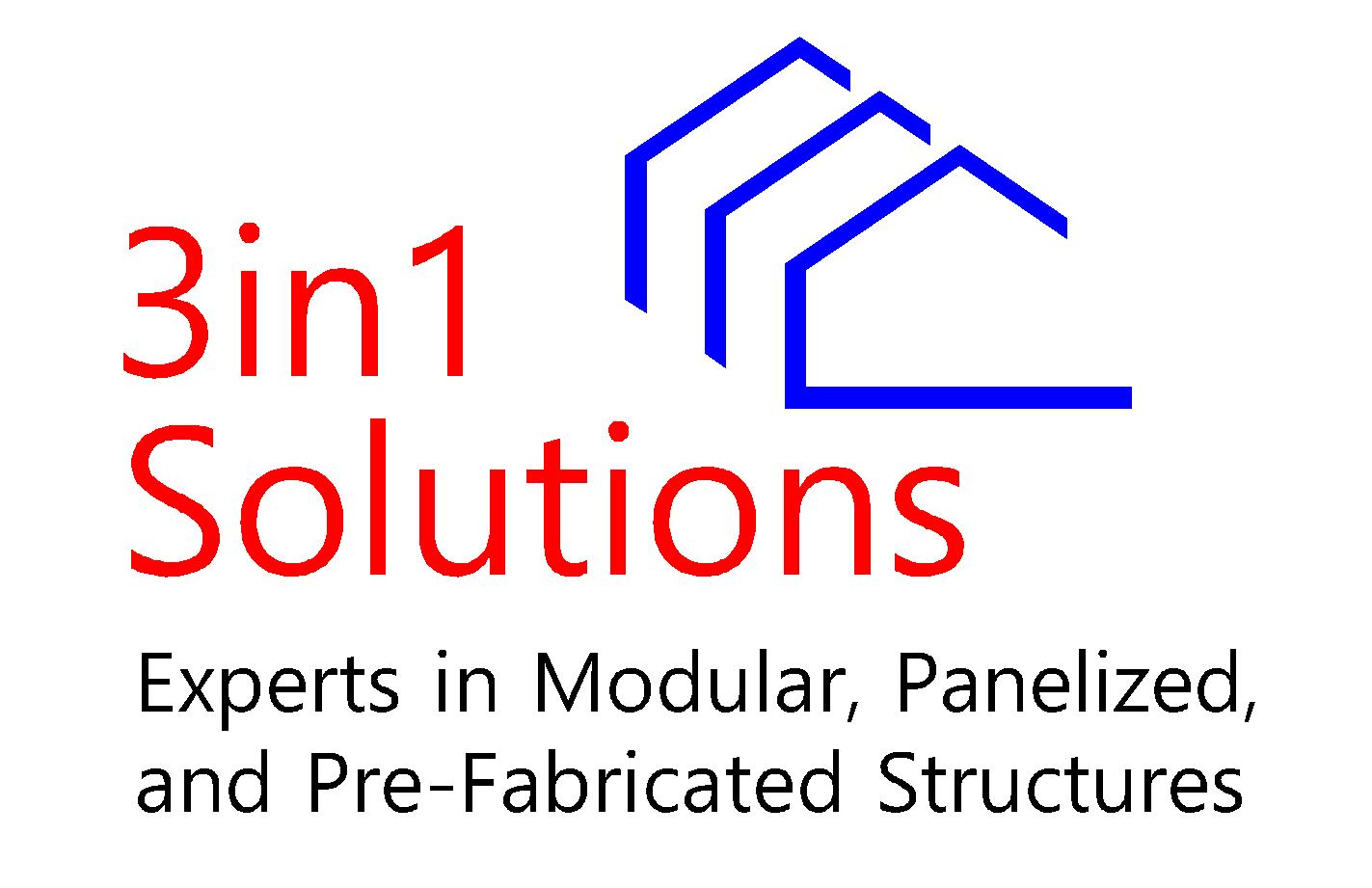In an industry defined by heavy machinery, complex designs, and boots on the ground, it might seem surprising that one of the most transformative forces today is artificial intelligence (AI). Once the realm of science fiction, AI has entered construction sites, offices, and factories, fundamentally changing how we build.

What Is AI and Why Does It Matter?
At its core, AI refers to machines mimicking human decision-making processes. Whether solving tasks, recognizing patterns, or analyzing vast datasets, AI operates with precision and speed that human teams alone cannot match. A specific subset, machine learning, takes AI further by using statistical data to identify trends, make predictions, and adapt over time.
In construction, AI is proving itself indispensable. By automating repetitive tasks, supporting planning and design, and enhancing decision-making, AI empowers workers to focus on higher-value activities. With developments advancing at an exponential rate, the construction industry is beginning to see the vast potential AI offers in terms of safety, efficiency, and quality.

Solving Problems Before They Happen
Construction projects are intricate puzzles, often plagued by delays, errors, and unexpected complications. AI tackles these challenges head-on. Imagine a project manager sorting through thousands of photos to identify cracks or defects in a structure—an effort that could take hours. A trained AI system, however, can complete this task in seconds, pinpointing anomalies like dark spots on walls that might indicate water damage.
Beyond spotting issues, AI identifies patterns and predicts future problems. Armed with historical and real-time data, it can foresee risks like scheduling conflicts or material shortages, enabling proactive solutions. This not only prevents delays but also saves money and resources.

Safety First: AI on the Front Lines
Construction sites are inherently risky environments, but AI is helping to make them safer. Sensors powered by AI can detect when workers show signs of fatigue or fail to wear proper safety gear, such as helmets. These systems send real-time alerts to supervisors, reducing the likelihood of accidents.
AI also supports the safe operation of autonomous machinery. Self-driving bulldozers and excavators rely on machine learning to navigate job sites, avoiding obstacles and operating efficiently. These machines work tirelessly, enhancing productivity while minimizing human error.
Optimizing Workflows and Resources
Efficiency is the cornerstone of any successful construction project. AI optimizes workflows by analyzing schedules, resources, and site conditions to ensure every element of a project runs smoothly. For instance, AI can spot bottlenecks in production, rerouting tasks or reallocating resources to keep the project on track.
Resource management also benefits from AI’s precision. Systems powered by AI can direct staff to the right job at the right time, ensuring optimal use of labor and materials. This level of efficiency reduces waste and enhances project profitability.
Revolutionizing Design and Planning
The influence of AI begins long before construction crews break ground. During the design phase, AI streamlines processes that once required weeks of manual effort. It analyzes past projects, offers design optimizations, and even automates the creation of blueprints, ensuring accuracy and reducing rework.
These capabilities don’t just speed up design; they elevate its quality. AI tools provide architects and engineers with actionable insights, such as suggesting structural changes that save time and cut costs. This not only improves project outcomes but also enhances client satisfaction.
The Road Ahead: Challenges and Opportunities
Despite its many benefits, adopting AI in construction comes with challenges. High upfront costs, resistance to change, and the need for training can slow implementation. However, companies willing to embrace AI find the investment pays off in the long term, with increased efficiency, reduced errors, and improved safety.
AI is also leveling the playing field for smaller firms. By automating labor-intensive processes and optimizing workflows, even modest-sized companies can compete with industry giants. This democratization of technology promises to drive innovation across the sector.
Building Smarter, Together
As AI continues to evolve, its role in construction will only expand. It’s not just about replacing human effort but augmenting it—freeing workers to focus on creativity, problem-solving, and innovation. Whether through enhanced safety measures, smarter resource allocation, or streamlined design processes, AI is helping the construction industry build smarter, faster, and better.
In the end, AI is more than just a tool; it’s a partner in progress. For construction professionals, embracing AI means embracing a future of possibilities—a future where challenges become opportunities and every project becomes a testament to human ingenuity enhanced by machine intelligence. The question isn’t whether AI will change construction, but how fast.
